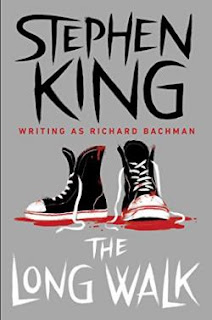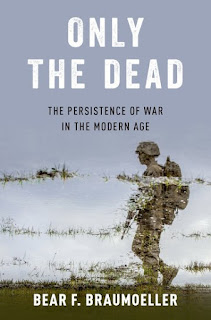 Her entry begins:
Her entry begins:Right now I’m reading Paul Tough’s The Years That Matter Most: How College Makes or Breaks Us, both because he came to speak at my local bookstore, because I’m also an educator teaching many first-generation college students, and finally as a mother of a high schooler and college student. There is devastating reporting here, and I have to say, it makes me feel like there is a game out there, rigged even for someone like myself—well-educated, trying to give her own children the best. There are so many cultural signals and advantages that prop up the world of...[read on]About The Long Ride, from the publisher:
In the tumult of 1970s New York City, seventh graders are bussed from their neighborhood in Queens to integrate a new school in South Jamaica.Visit Marina Budhos's website.
Jamila Clarke. Josie Rivera. Francesca George. Three mixed-race girls, close friends whose immigrant parents worked hard to settle theirfamilies in a neighborhood with the best schools. The three girls are outsiders there, but they have each other.
Now, at the start seventh grade, they are told they will be part of an experiment, taking a long bus ride to a brand-new school built to “mix up the black and white kids.” Their parents don’t want them to be experiments. Francesca’s send her to a private school, leaving Jamila and Josie to take the bus ride without her.
While Francesca is testing her limits, Josie and Jamila find themselves outsiders again at the new school. As the year goes on, the Spanish girls welcome Josie, while Jamila develops a tender friendship with a boy–but it’s a relationship that can exist only at school.
My Book, The Movie: Watched.
The Page 69 Test: Watched.
Writers Read: Marina Budhos.
--Marshal Zeringue

















































